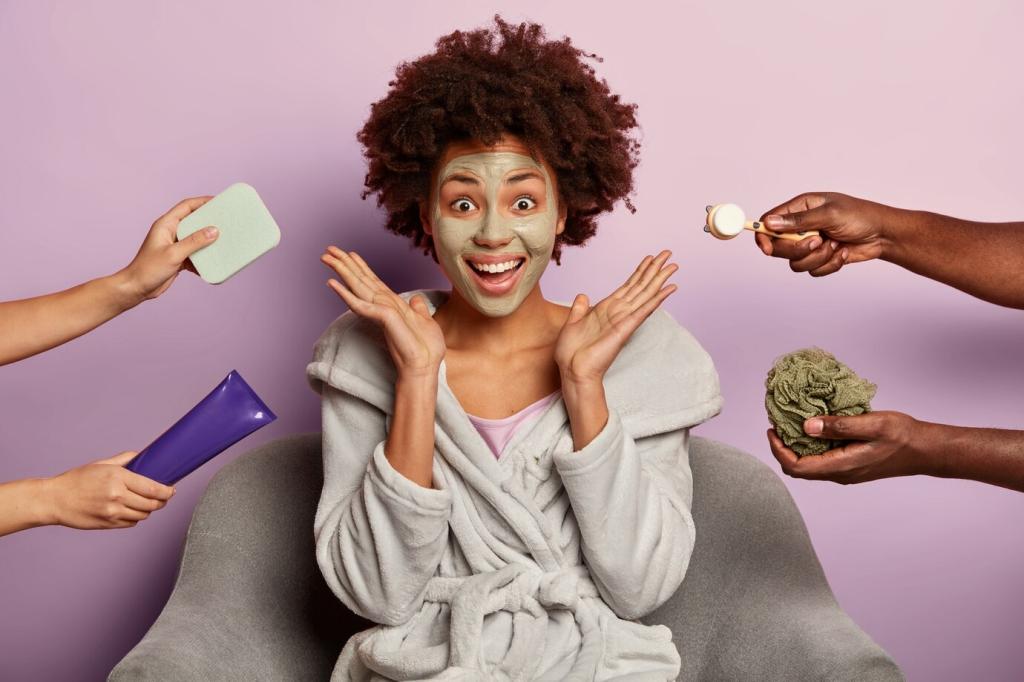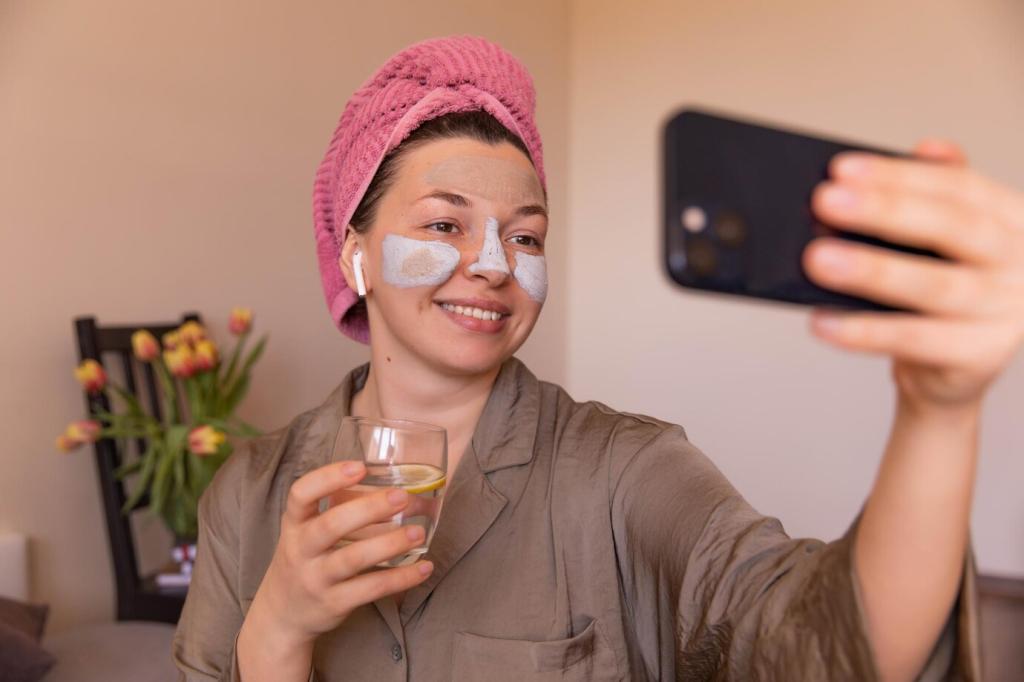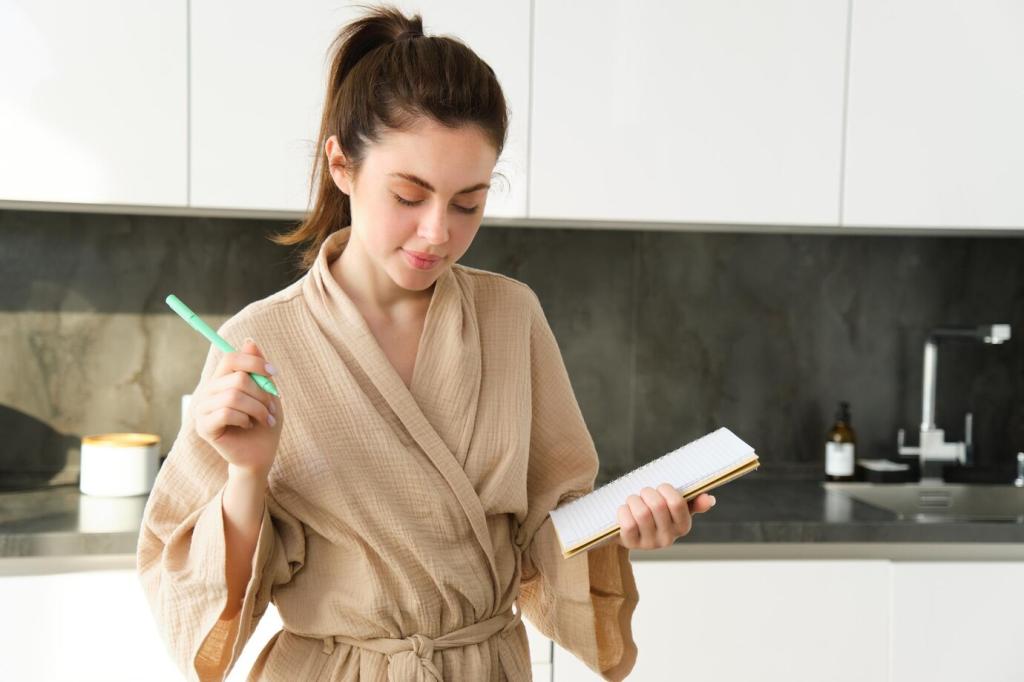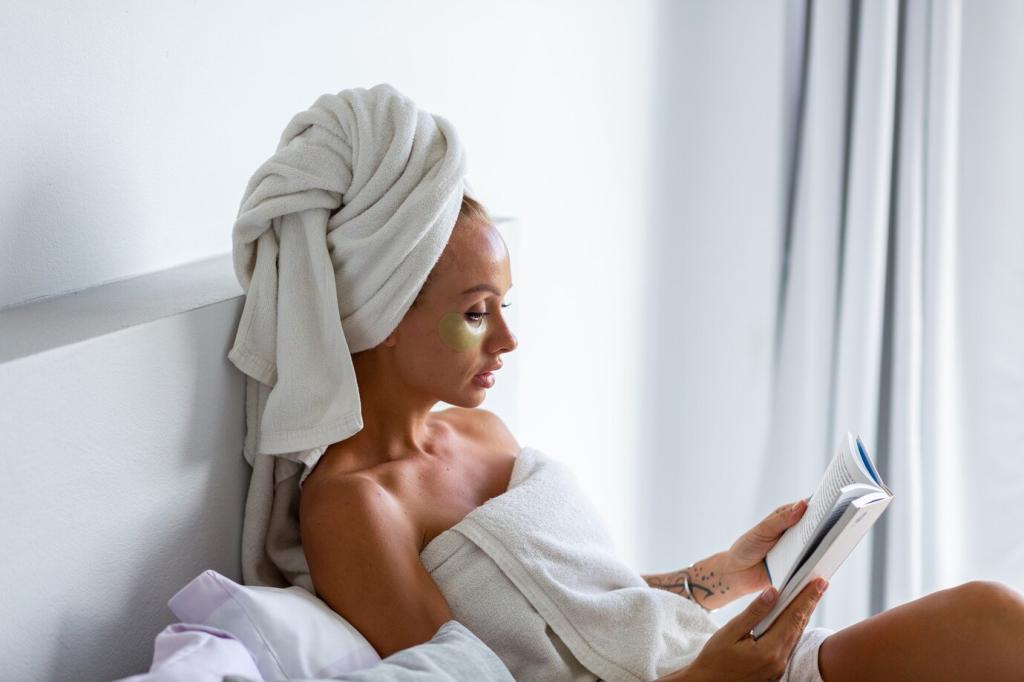Why Sleep Is the Heart of Self-Care
Deep sleep supports tissue repair and immune function, while REM sleep helps consolidate memory and process emotions. Your brain’s glymphatic system even clears metabolic waste at night. Share one benefit you notice after a great night’s sleep, and inspire others to prioritize rest.
Why Sleep Is the Heart of Self-Care
Short sleep can heighten stress reactivity and chip away at patience, creativity, and motivation. One reader, Maya, found that protecting seven and a half hours softened irritability and revived her enthusiasm for morning walks. What shifts in your mood when you sleep well? Tell us below.
Why Sleep Is the Heart of Self-Care
Consistent sleep strengthens self-control and makes healthy choices feel easier. Over time, the compounding effect touches nutrition, relationships, and work. Try a two-week consistency experiment and report your results in the comments so we can celebrate your momentum together.
Why Sleep Is the Heart of Self-Care
Lorem ipsum dolor sit amet, consectetur adipiscing elit. Ut elit tellus, luctus nec ullamcorper mattis, pulvinar dapibus leo.







